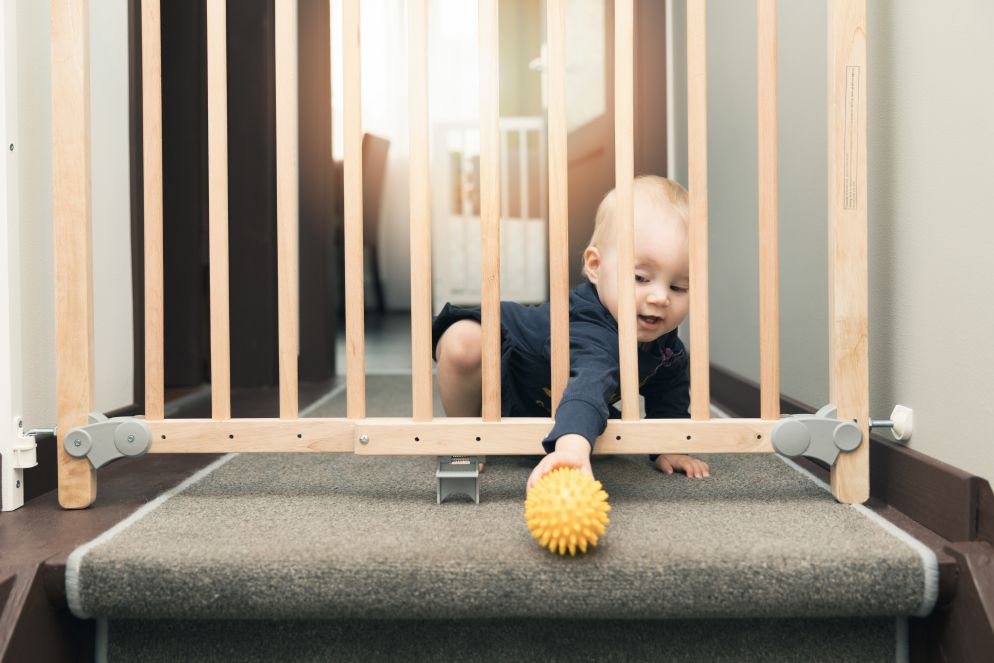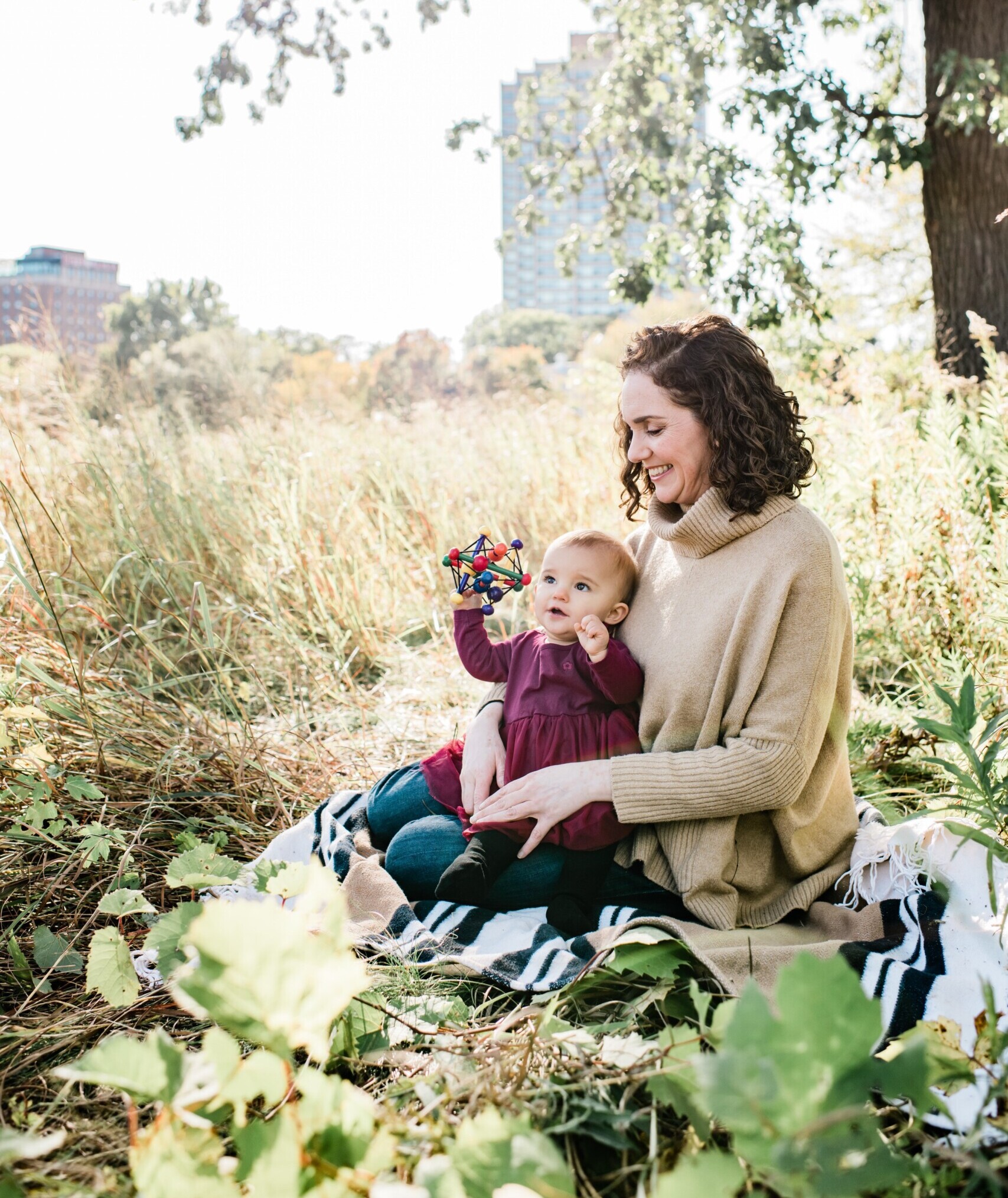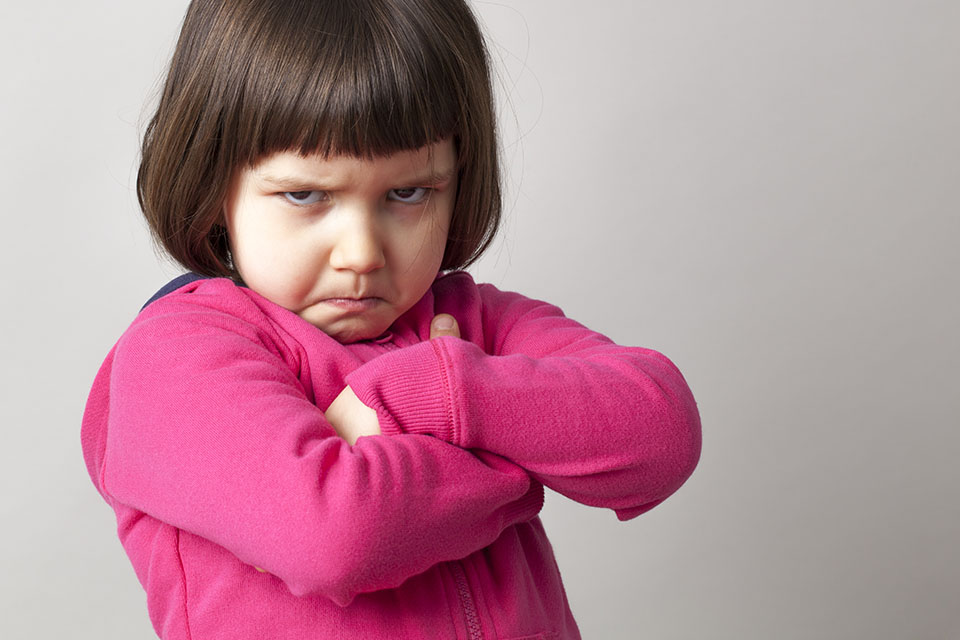I love all of my kids — born to me and adopted by me — the same, with consistent limitlessness. Then again, if I’m honest, that’s not totally true. I love my adopted kids “more,” because more is required.
My adopted kids arrived with invisible overflowing suitcases of tough stuff, issues inherent to adoption, spilling over into their and our daily lives. These issues stemmed from the losses of family, family history and culture of origin.
I was confident in my ability to parent my kids, and I believed I had the basics down. But, I discovered that a number of my thoughts about parenting adopted kids would eventually be proven partially or altogether untrue, such as:
Support
I thought I would parent, more or less, independently or collaboratively with my husband, with occasional advice from more experienced parents.
What I now know is I needed to compile a team of therapists and support people who would help me hone my emotion-coaching and parenting skills. These professionals and support people would educate me about how to better address the traumas my children experienced from not having their most basic needs met. I have come to appreciate the wise advice of my kids — at first wholly unsolicited but genuine, and later upon request. Their insights have been profound and honest, a good check to gauge my effectiveness.
Differences
I thought differences would not matter. I was oh-so-wrong. I was color-blind, entrenched in my white privilege.
What I now know is differences matter greatly. We perceive our lives through these lenses of difference. To disregard our differences would be the same as turning our backs on who each of us is, who we are as a family unit, and how each of us contributes to and supports each other and our remarkable family.
Similarities
I thought I could sit back and watch each child emerge. I found out otherwise when I said, “You’re just like … ” or “You remind me of … ” when speaking to my birthed son.
What I now know is that comparisons of this nature do not belong in a family such as ours; comparisons of this nature are reminders of my kids’ adoptive statuses.
Birthdays
I thought birthdays are happy occasions. I never thought I would need to hold my child for hours while she sobbed her way into and around her birthdays, missing her birth mother. My experience was that birthdays were celebratory; she showed me they could be laced with pain.
What I now know is love alone cannot negate any trauma my kids have experienced. However, honest dialogue, unending patience, and the gifts of time and perspective help immensely.
History
I thought I would be able to weave my adopted kids into my family history and stories. I was partially correct here.
What I now know is that as my kids have become older, they have put the brakes on being integrated too deeply into the family. They accept those they know or have known personally as their bonafide family.
When I share with my daughter, “You are named for your great, great grandmother,” she responds, “Dad’s great grandmother?”
I nod and think, “Thank you for correcting me; we do not know the name of your great, great Chinese grandmother. I realize I have made a misstep. I have muddled your identity formation.”
Teachable Moments
I thought I knew a lot about parenting, but what I have realized is that I am challenged every day to grow, to examine how I raise my kids and who I am as their parent. Although I know more with each passing day, and definitely book-loads-and-countless-conversations more than I did 22 years ago, I am still a novice.
Judy M. Miller is a Certified Gottman Educator and the author of What To Expect From Your Adopted Tween and Writing to Heal Adoption Grief: Making Connections & Moving Forward.






